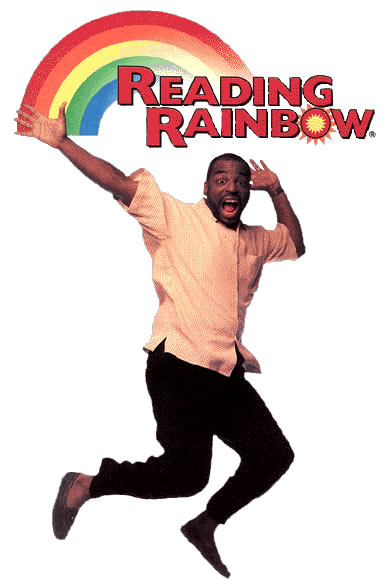It's so funny to see what some dems have become.
The Populism of the FDR Era
By David GreenbergWednesday, June 24, 2009
Thomas D. Mcavoy / Time & Life Pictures / Getty
Pres. Franklin D. Roosevelt making a Fireside Chat speech on radio during WWII.
Populist impulses — emotional demands for systemic change, waged in the name of the common man, demonizing Washington or Wall Street elites — are always rattling our politics. It's a tendency with roots in Andrew Jackson's swaggering mass-democratic appeals and attacks on the Bank of the United States; it crested with the currency-obsessed, debt-strapped farmers of the late 19th Century People's Party. Its standard-bearers today occupy no clear ideological home — self-styled leaders of recent vintage range from Jim Webb to Arnold Schwarzenegger to Pat Buchanan.
For decades, liberals and conservatives have championed dueling populisms: the left beating the drum for economic fairness, the right targeting the power of the federal bureaucracy and the cultural elite. The surge of populism induced by last fall's economic collapse, though, looks closer to that of the 1930s, when anti-government, anti-finance, anti-elite sentiment burst the boundaries of party and region.
During the Depression, citizens of all stripes joined in an inchoate but potent critique of society — raising fears that capitalism and democracy might be moribund. Even Franklin Delano Roosevelt was worried. Elected overwhelmingly in 1932 on the strength of the public discontent, FDR found himself jarred into action by recurring waves of dissent. Like Roosevelt after his triumphant hundred days, Barack Obama seems for now to have tamed the populist outbursts of his early presidential days. But like FDR, he also must remain vigilant, lest he find himself on the receiving end of the demand for change.
Roosevelt's challenge wasn't the number of populists unreconciled to his leadership but their intensity and variety. He had to act boldly and effectively enough to satisfy the outrage. Yet he also had to establish himself as the cooler alternative to demagogues who often generated among the populace as much fear as hope.
The most troublesome nemesis was the ruthless Huey Long of Louisiana, since immortalized as Willie Stark by Robert Penn Warren in All the King's Men. With his wild curly hair, fleshy face, garish dress, and constant sense of motion, Long looked very much the rabble-rouser — though he also had a record of hard achievement that gave him credibility with the dispossessed. Having helped Roosevelt secure the Democratic presidential nomination in 1932, Long soon raised the opposition banner. In 1934 he took to the airwaves to tout his "Share Our Wealth" plan-a naive, untheoretical plan to radically redistribute wealth and income, presented in terms as accessible as they were unworkable. "Share Our Wealth" Clubs sprang up around the country, demanding sweeping change.
http://content.time.com/time/specials/packages/article/0,28804,1906802_1906838_1908686,00.html





